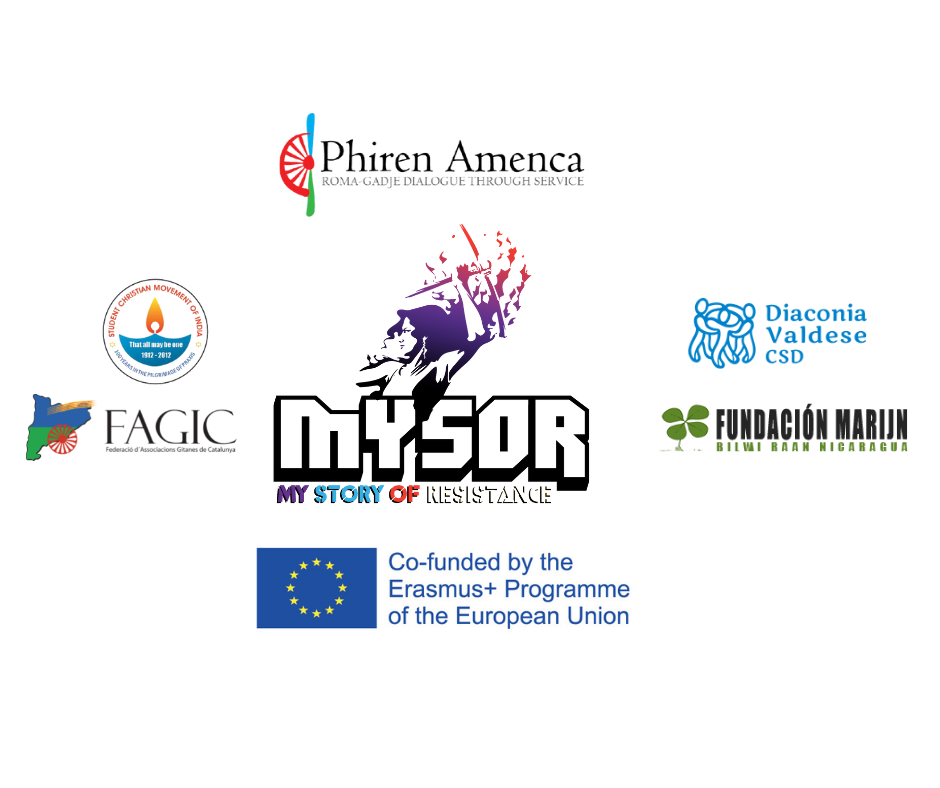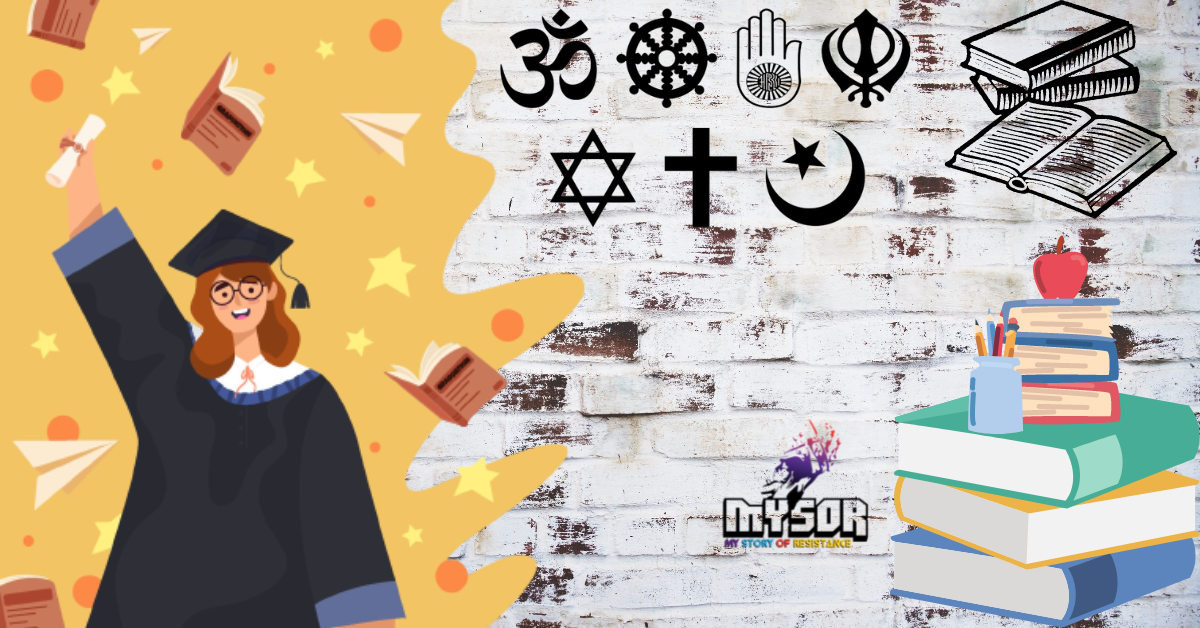Article written by Zsuzsa Tóth
Jane Goodall, the famous scientist and environmental activist once said “Young people, when informed and empowered, when they realize that what they do, truly makes a difference, can indeed change the world”. I think many of us can agree with this statement, and if it is so, we can agree on the fact, that India has one of the greatest untapped resources, since 66% of the population is under 35 years old.
Last week I had the opportunity to discuss social problems, difficulties and already existing or possible solutions with some Indian youngsters. Many things came up in our hours-long conversation, now I will mention the 3 areas, which were the most relevant, we spent the most time discussing; and everyone agreed these issues require attention and urgent solution.
Most of them see the basic problems in the educational system: lack of opportunity, financial difficulties, extreme growing of psychological pressure, mental health problems. All these issues are connected and rooted in the idea that higher education is the only way to a better life. This means hundreds of millions of youngsters are trying to study, but not everyone will have space and opportunity.

Those who already are in a better financial situation can fill up the schools and colleges, learn, and later on get a (better) job, create a financially more stable life. On the other side of the opening scissor are those youngsters, who usually can’t get even the basic education, because the family needs them to help working, earning money. Even if some can finish the elementary studies, they have still no chances to continue their education, because their families are not able to pay the fees.
This is a super fertile soil for mental pressure, anxiety and depression for everyone. Pressure for the families to be able to give the most for the kids. Anxiety for those youngsters, who cannot attend higher education. And (sometimes unbearable) pressure for those who are able to study at colleges/universities to do well.
One way how people try to fight against this social difficulty is collecting funds for the most vulnerable, so the families can get rid of some of the financial challenges, and the young people can concentrate on their studies only. There are more NGOs and civil groups, like ketto.org where anyone can help.
As a mental support each college hires a consultant, who is accessible to any students with anxiety, depression or any kind of mental health difficulties. However, these problems are still huge taboos, and very few admit that they need help. So some NGOs, like SCMI itself started to organize workshops about mental health; how to recognize the problems, how to handle stress, how to ask for help, and how to help.
One interesting point of view came up at our discussion too. Namely, that the society looks down on craftsmen and only praise the people with college/university degrees. However, we very much need talented and trained craftsmen to run our societies and our lives. Moreover, practical knowledge can be the key to a more independent life, with less financial pressure. A helpful solution could be to raise awareness, and popularize these professions just as well as college courses.
The next serious social challenge is the growing religious intolerance and discrimination. I must introduce here the term of hindutva, which is a modern political ideology, as Wikipedia says “Indian cultural, national, and religious identity”. The term “conflates a geographically based religious, cultural, and national identity: a true ‘Indian’ is one who partakes of this ‘Hindu-ness”. By hindutva all the religious minorities feel threatened, therefore, from all sides there are more and more hate-speech, and hate-crimes.
This is such a new problem in the Indian society (at least this strong intolerance), that that youngsters do not know many civil organizations or programs with a solution, they see the way in social resistance towards the kind of ideologies that attacks peace and equality. To stand up and speak up, support diversity, learn from each other, about each other.
However I’ve met an Islamic organization here in Bangalore, called WORK – Karnataka Chapter, who reaches back to the Quran and explains all the misunderstandings, questions, doubts and fears towards Islamic people right from their scripture. They point out all the similarities between the different religions, citing the Quran, the Bible and the holy scripts of Hindusim. They highlight how the basis of all is love towards others. They strongly believe that fear and prejudice comes from misunderstanding and lack of knowledge, and if we get to know and understand each other we can destroy the walls and build bridges again.

Finally the last, seemingly very obvious, but still not often discussed problem they mentioned, is reaching back to the fact of how big percentage of the population is young. And in the same time, the leaders and the members of the leading government, let say, not so much. Let us just mention the two main political leaders:
The Indian primeminister, Narendra Modi is 71 years old.
The Indian president, Ram Nath Kovind is 76 years old.
As young people, they want to have a louder voice in leading their country, to have fresh ideas, different point of views, new kinds of solutions for the new kinds of problems in the modern world. Even one of my chat-partners said, he is planning a political career as soon as he finishes his studies in social work, to help as many people as possible.
Many problems and many solutions came up in our conversation, but most importantly it was refreshing to see how much interest and will these young people have to make the world a better place. To learn more, to face injustice, to actively participate in finding solutions. And they are more than ready to take actions for the world and for each other. Let the already quoted Jane Goodall remind us: “There is a powerful force unleashed when young people resolve to make a change. Each one of us matters, has a role to play, and makes a difference. Each one of us must take responsibility for our own lives, and above all, show respect and love for living things around us, especially each other”

The My Story of Resistance – From exclusion to active participation is an KA2 Capacity building for Youth project funded by the Erasmus+ Programme of the European Union. Views and opinions expressed are however those of the author(s) only and do not necessarily reflect those of the European Union or the Erasmus+ Programme. Neither the European Union nor the granting authority can be held responsible for them.


